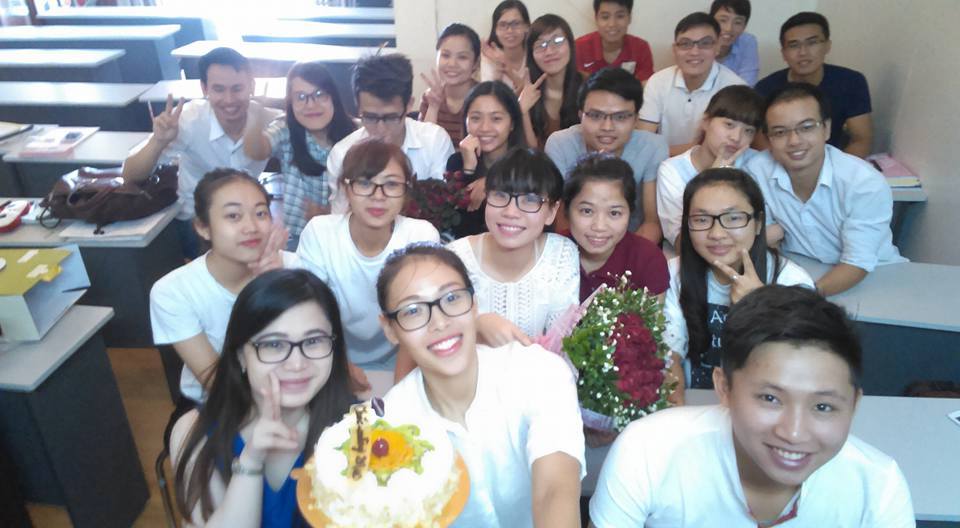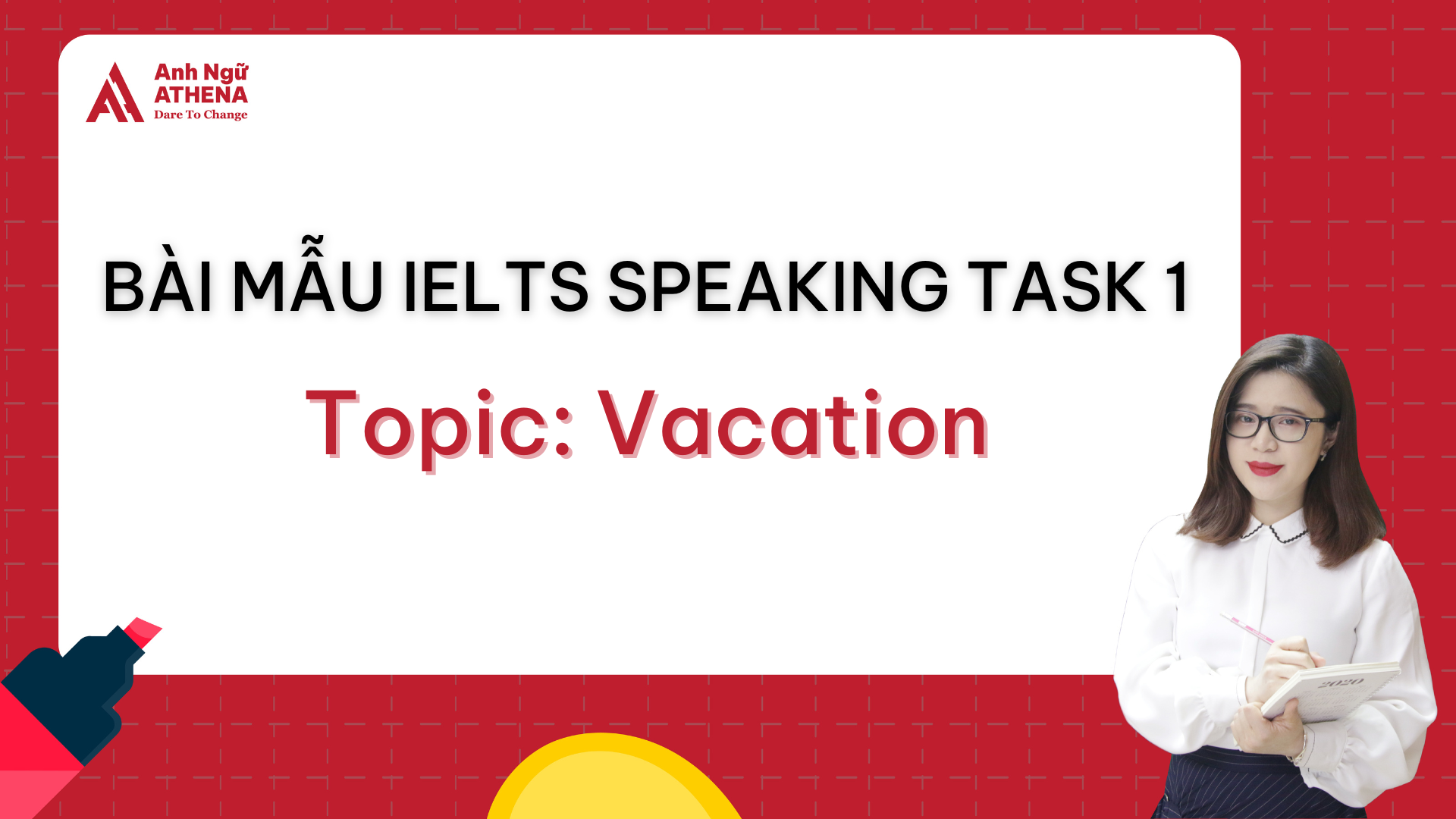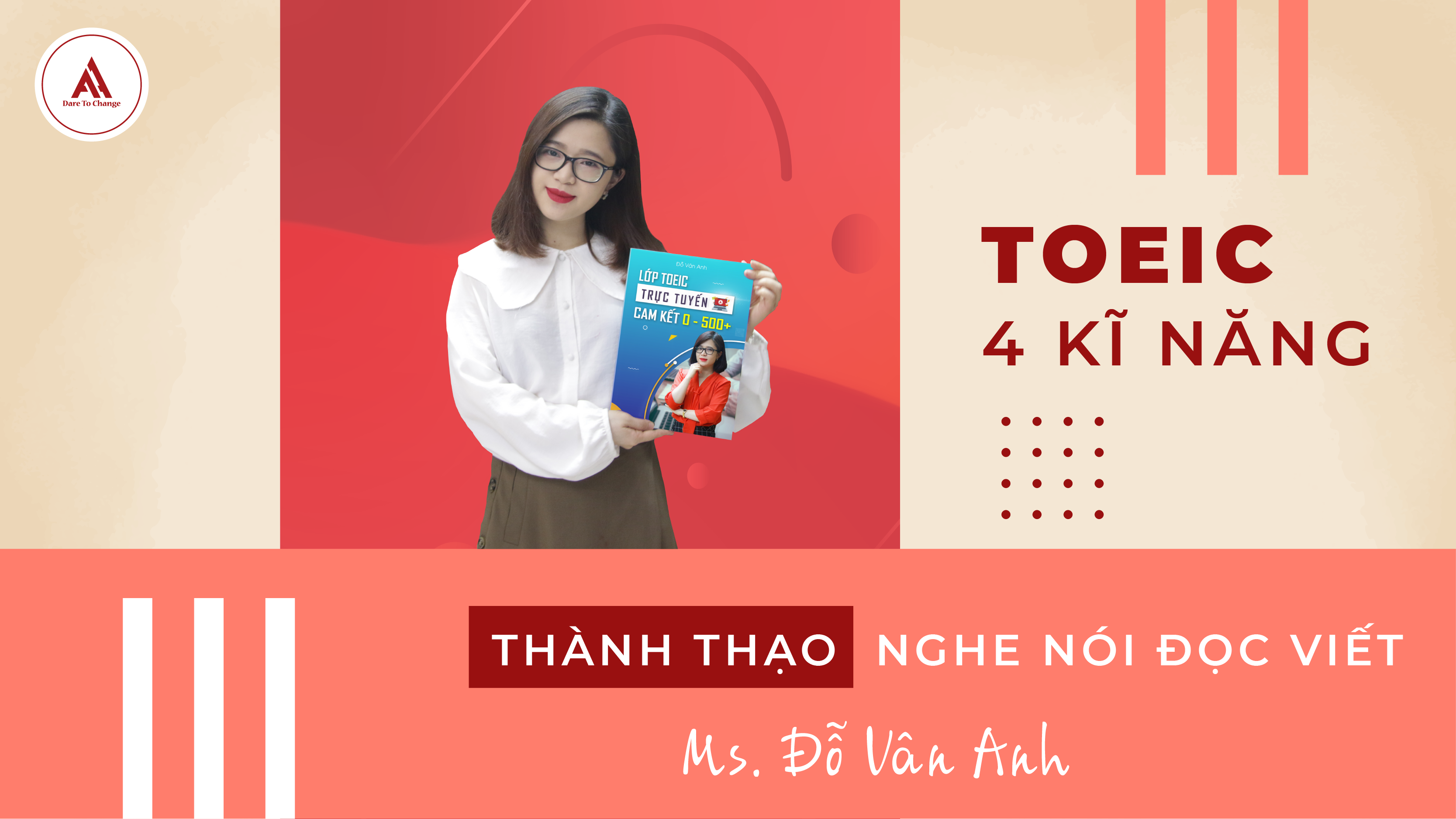Đề thi thử: Môn tiếng Anh kỳ thi THPTQG năm 2020 - Sở GD&ĐT Hà Tĩnh lần thứ 2
|
Cô Đỗ Vân Anh |
KÌ THI TỐT NGHIỆP TRUNG HỌC PHỔ THÔNG QUỐC GIA NĂM 2020 Bài thi: NGOẠI NGỮ; Môn thi: TIẾNG ANH SỞ GIÁO DỤC VÀ ĐÀO TẠO HÀ TĨNH LẦN 2 Ngày thi: 27.6.2020 |
Read the following passage and mark the letter A, B, C, or D to indicate the correct answer to each of the questions.
Researchers in the field of psychology have found that one of the best way to make an important decision, such as choosing a university to attend or business to invest in. involves the utilization of a decision worksheet. Psychologists who study optimization compare the actual decisions made by people to theoretical ideal decisions to see how similar they are. Proponents of the worksheet procedure believe that it will yield optimal, that is, the best decisions. Although there are several variations on the exact format that worksheets can take, they are all similar in their essential aspects.
Worksheets require defining the problem in a clear and concise way and then listing all possible solutions to the problem. Next, the pertinent considerations that all possible solutions to the problem. Next, the pertinent considerations that will be affected by each decision are listed, and the relative importance of each consideration or consequence is determined. Each consideration is assigned a numerical value to reflect its relative importance. A decision is mathematically calculated by adding these values together. The alternative with the highest number of points emerges as the best decision. Since most important problems are multifaceted, there are several alternatives to choose from, each with unique advantages and disadvantages. One of the benefits of a pencil and paper decision-making procedure is that it permits people to deal with more variables than their minds can generally comprehend and remember. On the average, people can keep about seven ideas in their min worksheet can be especially useful when the decision involves a large number of variables with complex relationships. A realistic example for many college students is the question "What will I do after graduation?" A graduate might seek a position that offers specialized training, pursue an advanced degree, or travel abroad for a year.
A decision-making worksheet begins with a succinct statement of the problem that will also help to narrow it. It is important to be clear about the distinction between long-range and immediate goals because long-range goals often involve a different decision than short-range ones. Focusing on long range goals, a graduating student might revise the question above to "What will I do after graduation that will lead the successful career?"
Question 1. The word “succinct” in paragraph 4 is closest in meaning to
A. creative B. satisfactory C. personal D. concise
Question 2. Of the following steps, which occurs BEFORE the others in making a decision worksheet?
A. Deciding which consequences are most important.
B. Calculating a numerical summary of each solution.
C. Listing the consequences of each solution.
D. Writing down all possible solutions
Question 3. What does the passage mainly discuss?
A. Differences between long-range and short-range decision making.
B. A comparison of actual decisions and ideal decisions
C. Research on how people make decisions.
D. A tool to assist in making complex decisions.
Question 4. The word “essential” in paragraph 1 is closest in meaning to
A. introductory B. fundamental C. changeable D. beneficial
Question 5. According to decision-worksheet theory, an optimal decision is defined as one that
A. has the most points assigned to it
B. is agreed to by the greatest number of people
C. has the fewest variables to consider
D. uses the most decision worksheet
Question 6. The word “it” in paragraph 4 refers to
A. worksheet B. problem C. distinction D. decision
Question 7. The author states that “On the average, people can keep about seven ideas in their minds at once” (paragraph 3) to explain that
A. human mental capacity has limitations.
B. some people have difficulty making minor as well as major decisions.
C. people can learn to keep more than seven ideas in their minds with practice.
D. most decisions involve seven steps.
Mark the letter A, B, C, or D to indicate the underlined part that needs correction in each of the following questions.
Question 8: The world is becoming more industrialized and the number of animal species that have become extinct have increased.
A. industrialized B.species C. extint D. have
Question 9: Folklore consists of the beliefs, customs, traditions and telling stories that people pass from generation to generation.
A. Folklore B. the C. telling stories D. generation
Question 10: There was a gradual raise in the number of literate males and females in the lowlands.
A. a gradual B. raise C. literate D. the lowlands
Mark the letter A, B, C, or D to indicate the sentence that is closest in meaning to each of the following questions.
Question 11. "Why don't you have your room repainted?” said Robert to Lam.
A. Robert suggested that Lam should have his room repainted.
B. Robert suggested having Lam's room repainted.
C. Robert asked Lam why you didn't have your room repainted.
D. Robert wanted to know why Lam doesn't have his room repainted.
Question 12. The black dress is more expensive than the white one
A. The white dress isn't as expensive than the black one.
B. The white dress isn't more expensive than the black one.
C. The white dress is less cheap than the black one.
D. The white dress isn't so expensive as the black one.
Question 13. It isn't necessary for you to hurry up now.
A. You can't hurry up now
B. You needn't hurry up now.
C. You shouldn't hurry up now.
D. You mustn't hurry up now.
Mark the letter A, B, C, or D to indicate the sentence that best combines each pair of sentences in the following questions.
Question 14. They can't go camping in the mountain. It's raining now.
A. If it is raining now, they could go camping in the mountain.
B. If it were raining now, they could go camping in the mountain.
C. If it isn't raining now, they could go camping in the mountain.
D. If it weren't raining now, they could go camping in the mountain.
Question 15. The plane had taken off. Paul realized he was on the wrong flight.
A. Not until the plane had taken off did Paul realize he was on the wrong flight.
B. Hardly had Paul realized he was on the wrong flight when the plane took off.
C. It was not until the plane had taken off, did Paul realize he was on the wrong flight.
D. No sooner had the plane taken off than Paul had realized he was on the wrong flight.
Mark the letter A, B, C, or D to indicate the word that differs from the other three in the position of primary stress in each of the following questions.
Question 16. A. interest B. condition C. decision D. destruction
Question 17. A. visit B. promise C. finish D. appear
Mark the letter A, B, C, or D to indicate the correct answer to each of the following questions.
Question 18. Disagreements about defence cuts have opened up deep ________ within the military.
A. divisional B. divide C. divisions D. divided
Question 19. Many parents tend to ________ make their children study hard in the belief that good education will enable them to in the future.
A. turn up B. get on C. get out D. turn away
Question 20. I haven't read any medical books or articles on the subject for a long time, so I'm ________ with recent developments.
A. put of reach B. out of the condition C. out of the question D. out of touch
Question 21. UNICEF ________ supports and funds for the most disadvantaged children all over the world.
A. presents B. assists C. offers D. provides
Question 22. Thank you for your explanation, but I'm afraid I'm still in a ________ over what happened.
A. fog B. trouble C. wonder D. shade lives off
Question 23. A true relationship is thought to be a friendship that may ________ through changes in lives of the friends.
A. entail B. remain C. endure D. continue
Question 24. You have ever met him before, ________?
A. have you B. haven't you C. didn't you D. hadn't you
Question 25. We went by ________ train to the West of England.
A. a B. an C. the D. Ø (no article)
Question 26. Tom apologized ________ having behaved impolitely.
A. for B. about C. with D. to
Question 27. The children spent the afternoon ________ in the garden.
A. played B. play C. playing D. to play
Question 28. If he were younger, he _________ professional running competition now.
A. will join B. had joined C. would have joined D. would join
Question 29. Susan ________ her family after she had taken the university entrance examination.
A. phoned B. had phoned C. phones D. is phoning
Question 30. ________ having the best qualifications among all the applicants, Justin was not offered the job.
A. Although B. Because of C. Despite of D. In spite of
Question 31. By the time Bill ________ to bed tomorrow, he will have had a full day and will be ready for sleep.
A. had gone B. will go C. goes D. went
Question 32. A survey on alternative sources of energy _________ out by those scientists will be reported to the public next week.
A. which carried B. carried C. which is carrying D. carrying
Mark the letter A, B, C, or D to indicate the word(s) CLOSEST in meaning to the underlined word(s) in each of the following questions.
Question 33. People are busy buying gifts, cleaning and decorating the house and cooking traditional foods to welcome Tet holiday now.
A. national B. favorite C. important D. customary
Question 34. Every time he opens his mouth, he immediately regrets what he said. He is always putting his foot in his mouth.
A speaking indirectly B. making a mistake
C. saying embarrassing things D. doing things in the wrong order
Mark the letter A, B, C, or D to indicate the word whose underlined part differs from the other three in pronunciation in each of the following questions.
Question 35. A. crowded B. exported C. enjoyed D. existed
Question 36. A. deal B. teach C. break D. clean
Mark the letter A, B, C, or D to indicate the option that best completes each of the following exchanges.
Question 37. Mai and Scott are having dinner.
Mai: “Do you want another serving of chicken soup?”
Scott: “_______________”
A. No, thanks B. No longer C. No way D. No comment
Question 38. Linda and Janet are talking about the protection of the environment.
Linda: “I think it's a good idea to plant more trees in our community.”
Janet: “______________ . It will make the air fresher and cleaner."
A. Me, too B. That's not true
C. It's nice to hear that D. I can't agree with you more
Read the following passage and mark the letter A, B, C, or D to indicate the correct word or phrase that best fits each of the numbered blanks.
The volume of traffic in many cities in the world today continues to expand. This cause many problems, including serious air pollution, lengthy delays, and the greater risk of accidents. Clearly, something must be done, but it is often difficult to persuade people to change their habits and leave their cars at home. One possible (39) _________ is to make it more expensive for people to use their cars be increasing changes for parking and bringing in tougher fines for anyone (40) _________ break the law. In addition, drivers could be required to pay for using particular routes at different times of the day. This system, also known as 'road pricing', is already being introduced in a number of cities, using a special electronic card (41) _________ to windscreen of the car. (42) _________ ways of dealing with the problem is to provide cheap parking on the outskirts of the city, and strictly control the number of vehicles allowed into the centre. Drivers and their passengers then use a special bus service for the final stage of their journey. Of course, the most important thing is to provide good public transport. (43) _________, to get people to give up the comfort their cars, public transport must be felt to be reliable, convenient and comfortable, with fares charged at an acceptable level.
Question 39. A. approach B. style C. custom D. manner
Question 40. A. whose B. which C. whom D. who
Question 41. A. placed B. fixed C. joined D. built
Question 42. A. One B. Another C. Each D. Every
Question 43. A. Therefore B. Moreover C. Otherwise D. However
Read the following passage and mark the letter A, B, C, or D to indicate the correct answer to each of the questions.
Most languages have several levels of vocabulary that may be used by the same speakers. In English, at least three have been identified and described.
Standard usage includes those words and expressions understood, used, and accepted by a majority of the speakers of a language in any situation regardless of the level of formality. As such, these words and expressions are well defined and listed in standard dictionaries. Colloquialisms, on the other hand, are familiar words and idioms that are understood by almost all speakers of a language and used in informal speech or writing, but not considered acceptable for more formal situations. Almost all idiomatic expressions are colloquial language. Slang, refers to words and expressions understood by a large number of speakers but not accepted as appropriate formal usage by the majority. Colloquial expressions and even slang may be found in standard dictionaries but will be so identified. Both colloquial usage and slang are more common in speech than writing.
Colloquial speech often passes into standard speech. Some slang also passes into standard speech, but other slang expressions enjoy momentary popularity followed by obscurity. In some cases, the majority never accepts certain slang phrases but nevertheless retains them in their collective memories. Every generation seems to require its own set of words to describe familiar objects and events. It has been pointed out by a number of linguists that three cultural conditions are necessary for the creation of a large body of slang expressions. First, the introduction and acceptance of new objects and situations in the society; second, a diverse population with a large number of subgroups; third, association among the subgroups and the majority population.
Finally, it is worth noting that the terms “standard”, “colloquial”, and “slang” exist only as abstract labels for scholars who study language. Only a tiny number of the speakers of any language will be aware that they are using colloquial or slang expressions. Most speakers of English will, during appropriate situations, select and use three types of expressions.
Question 44. Which of the following is the main topic of the passage?
A. Standard speech
B. Idiomatic phrases
C. Different types of vocabulary
D. Dictionary usage
Question 45. The word “obscurity” in paragraph 3 mostly means
A. disappearance B. influence C. qualification D. tolerance
Question 46. The author mentions all of the following as requirements for slang expressions to be created EXCEPT
A. interaction among diverse groups
B. a number of linguists
C. new situations
D. a new generation
Question 47. Which of the following is TRUE about standard usage?
A. It limited to written language.
B. It is constantly changing.
C. It can be used in formal or informal settings
D. It is only understood be the upper classes.
Question 48. How is slang defined by the author?
A. Words and phrases understood by a large number of speakers but not accepted as formal usage.
B. Words and phrases understood by the majority but not found in standard dictionaries.
C. Words and phrases accepted by the majority for formal usage.
D. Words and phrases that are understood by a restricted group of speakers.
Mark the letter A, B, C, or D to indicate the word(s) OPPOSITE in meaning to the underlined word(s) in each of the following questions.
Question 49. John had decided to settle permanently in France.
A. sustainably B. regularly C. temporarily D. constantly
Question 50. Certain courses are compulsory; others are optional.
A. mandatory B. voluntary C. free D. pressure
Link download đề tại đây.
Link download giải đề tại đây.











